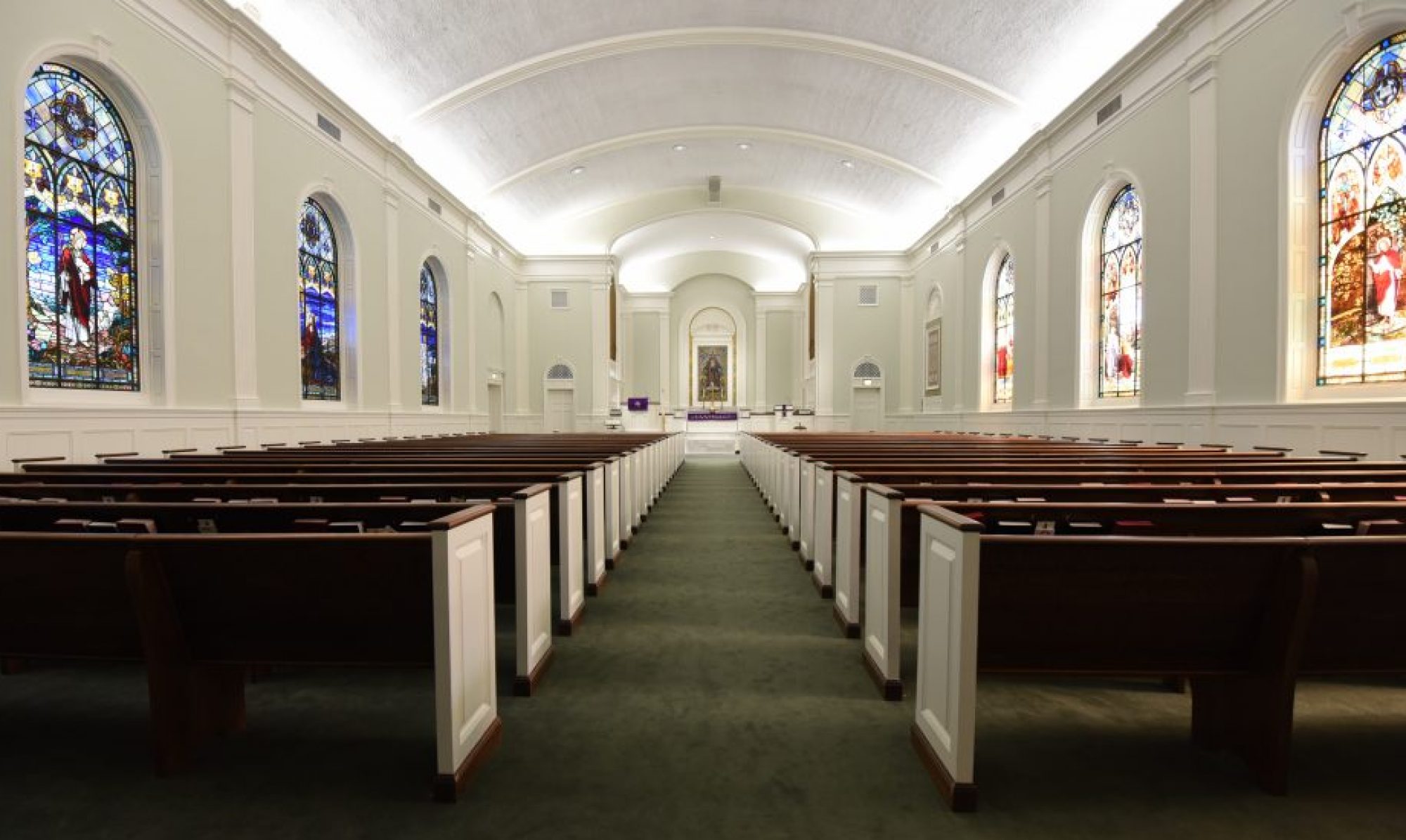 About two weeks ago, I heard someone say, “I dabble at it from time to time. I’m really a novice at heart.” What she meant was her hobby was somewhat important but not enough for her to devote any real time to it. How many times have you said, “I’ll give it a go” but knowing full well you will not take it seriously? If you look at my life, I would be “guilty as charged.” I have started a number of hobbies only to find them fall by the wayside.
About two weeks ago, I heard someone say, “I dabble at it from time to time. I’m really a novice at heart.” What she meant was her hobby was somewhat important but not enough for her to devote any real time to it. How many times have you said, “I’ll give it a go” but knowing full well you will not take it seriously? If you look at my life, I would be “guilty as charged.” I have started a number of hobbies only to find them fall by the wayside.
Our society today is filled with religious dabble. Faith-life sounds good on the surface and when it is convenient. People want a little religion on the top but not a lot. Once when living in a different city than today, I had someone tell me, I don’t want to read the bible daily because I don’t want to be a Jesus-fanatic. Said differently, I will dabble with Jesus but don’t want to be serious with my faith.
In Luke 23, King Herod was a dabbler. “When Herod saw Jesus, he was greatly pleased, because for a long time he had been wanting to see him. From what he had heard about him, he hoped to see him perform a sign of some sort” (Chapter 23:8-9).
Disciples are not dabblers. To follow Jesus means to adopt a lifestyle, to buy in, to do more than dabble. Discipleship is more than surface level spirituality and religiosity. Discipleship takes place below the surface. When Jesus was asked about discipleship (thus explaining the difference between discipleship and dabble) he said, “take up my cross and follow me.”
It is easy to dabble – but it never leads to discipleship. Jesus desires disciples not dabblers.

This week’s reading:
- Monday – Acts 7
- Tuesday – Acts 8
- Wednesday – Acts 9
- Thursday – Acts 10
- Friday – Acts 11
Please Pray for:
- Our Nation and Our Leaders
- The St. Paul Ministers and Staff family
- High School & College Seniors preparing for graduation
- The Unwillingly absent members
- Building Renovations, Modifications, and Phase 3: Construction of New Youth Building and rear parking

